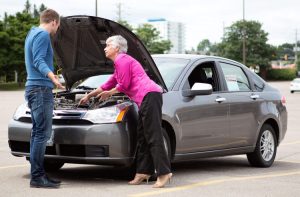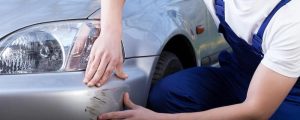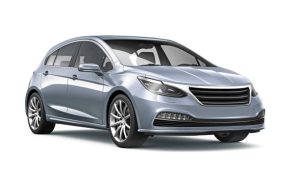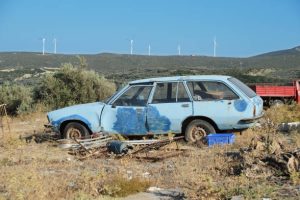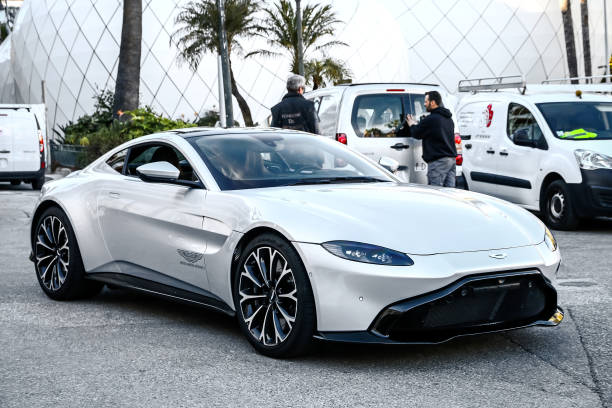
The Department of Justice expanded its investigation into Tesla’s practices, including how far the vehicles can travel with a full battery and any “personal benefits” given to executives or shareholders of high rank.
This disclosure came after recent reports that suggested the automaker may have misled its customers regarding how far their vehicles could travel without needing to be charged.
Tesla said that in a regulatory filing, the government subpoenaed certain documents relating to “personal benefit” and “unidentified related parties,” a term which is often used to refer to top management or company directors.
The Wall Street Journal reported that the U.S. Attorney’s Office in New York had investigated whether funds were misappropriated in a planned home for Elon Musk – the chief executive of Tesla – near Tesla’s Austin factory, Texas. The U.S. Attorney’s Office declined to comment on Monday.
Tesla has not responded to our request for comment.
In a filing to the Securities and Exchange Commission, the company stated that “to our knowledge, no government agency has concluded in any ongoing investigation that any wrongdoing took place.” Tesla noted that it was cooperating fully with authorities.
Reuters and Consumer Reports reported that Tesla cars fell short of the range shown by the Environmental Protection Agency, which tests vehicles in a lab on rollers. The carmakers can choose how to configure their cars for testing and influence the results.
Even in warm weather, the range of battery-powered cars is reduced in cold temperatures. But a Tesla Model Y S.U.V. that consumer reports test tested fell 50 miles short of its claimed capacity.
Consumer Reports tested the Ford Mach-E, Volkswagen ID.4, and Tesla S.U.V.s in identical conditions to those used for testing the Tesla. Hyundai Ioniq 5, which Consumer Reports tested, came within two miles (or a distance of about 3.5 km) of its claimed E.P.A. range.
Tesla announced earlier that the Justice Department issued subpoenas to obtain documents related to its self-driving technology. Lawsuits have been filed against Tesla, claiming that the software was responsible for accidents resulting in deaths and injuries.
Tesla, without providing any details, said that the National Highway Traffic Safety Administration (NHTSA), the National Transportation Safety Board (NTSB), the S.E.C., as well as various local and foreign authorities had also requested information.
Tesla shares are down 13 percent from Wednesday when the company announced that profits in the third quarter were down 44 percent as it cut prices for its models.
